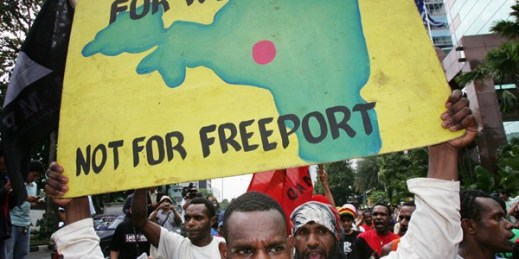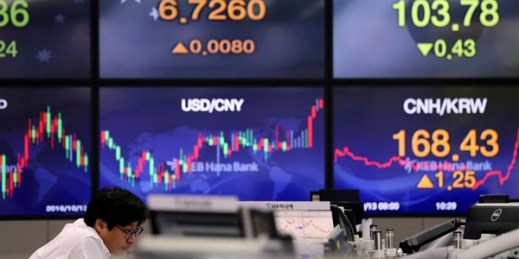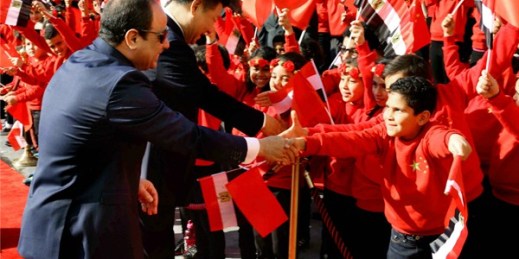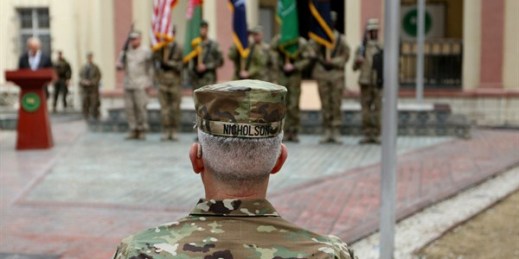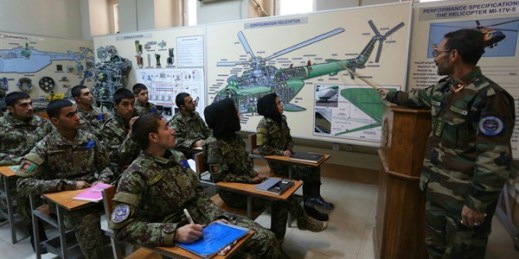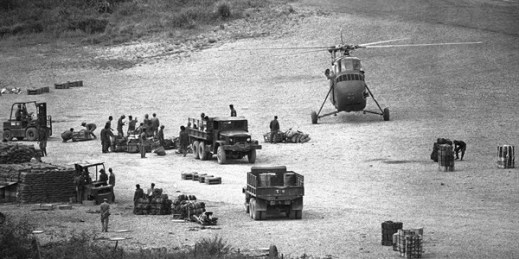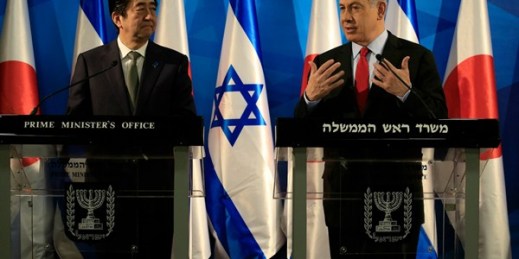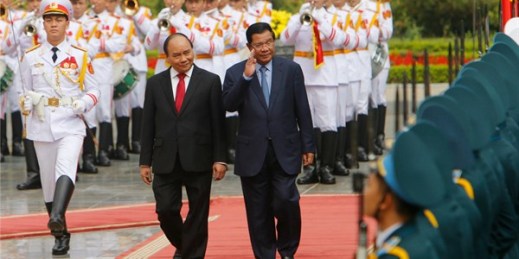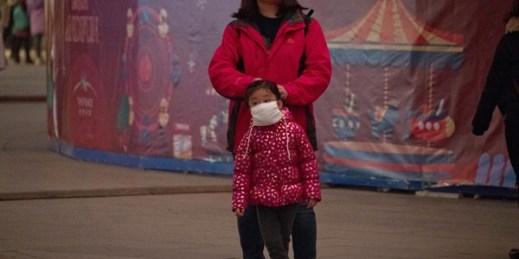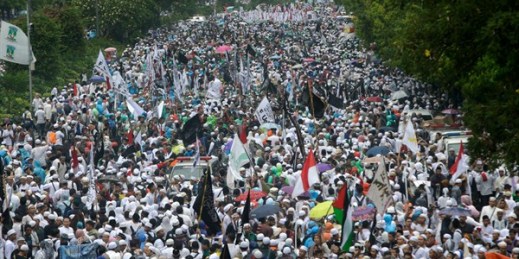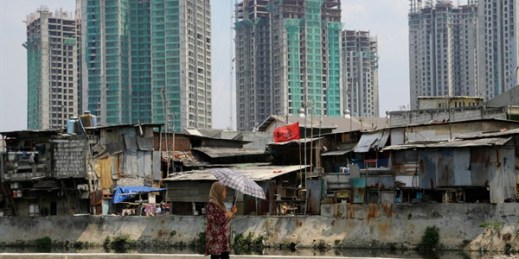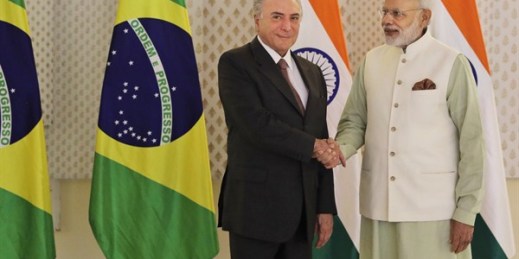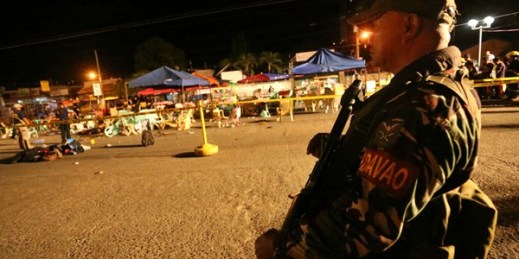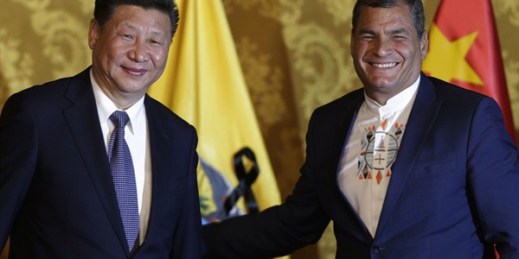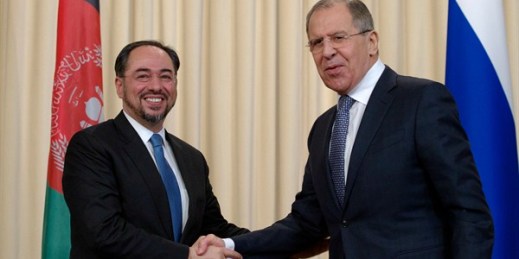
In his speech to the 27th Congress of the Communist Party of the Soviet Union in February 1986, Mikhail Gorbachev described the war in Afghanistan as the USSR’s “bleeding wound.” Gorbachev would order Soviet forces out of Afghanistan two years later. During the subsequent three decades, Soviet and subsequently Russian leaders sought to steer clear of the country that many likened to Moscow’s Vietnam. This history makes Russia’s re-engagement in Afghanistan in recent months all the more striking. A generation after its army invaded, occupied and then withdrew from the country, Moscow has again emerged as an important power broker […]

